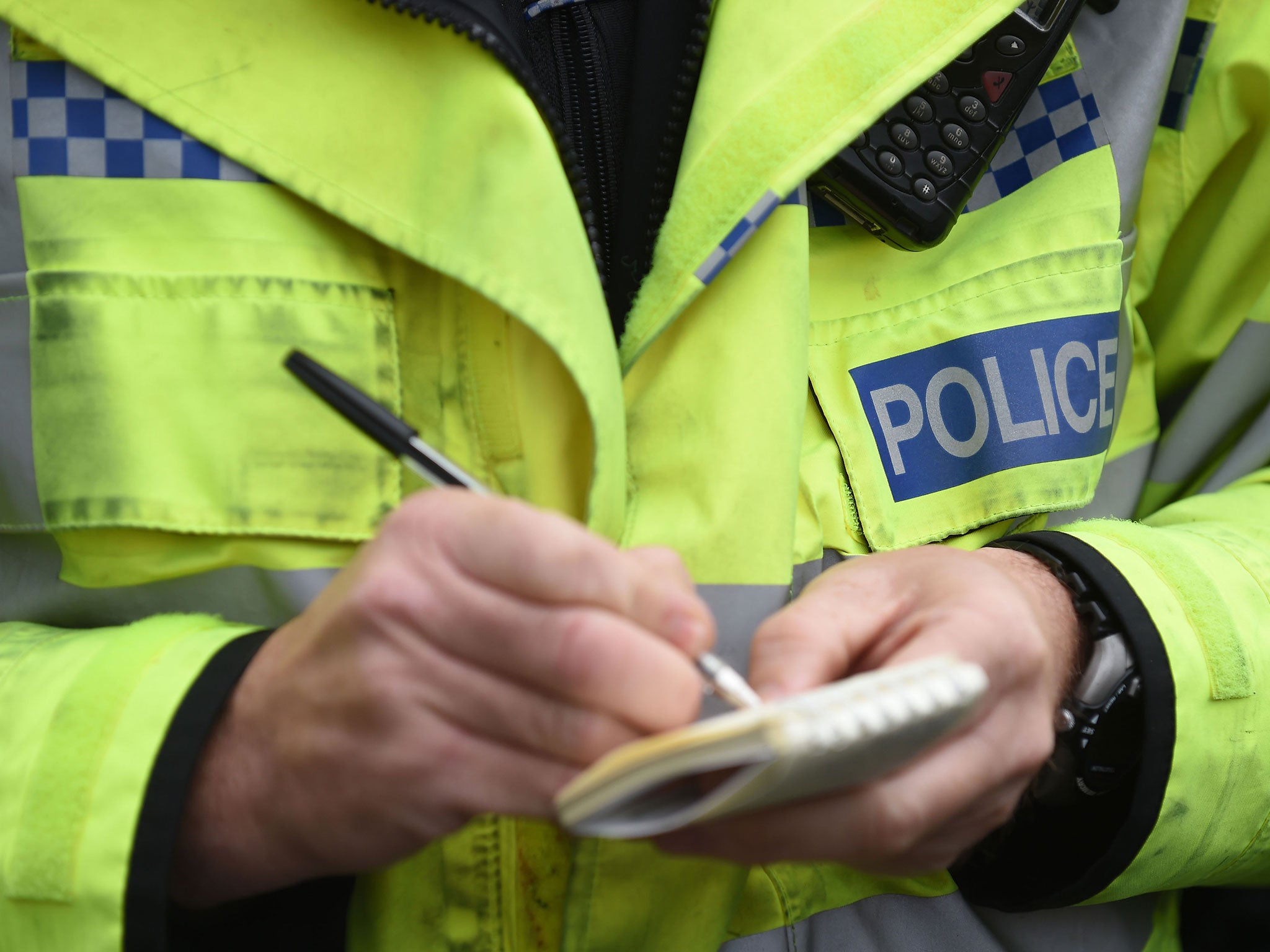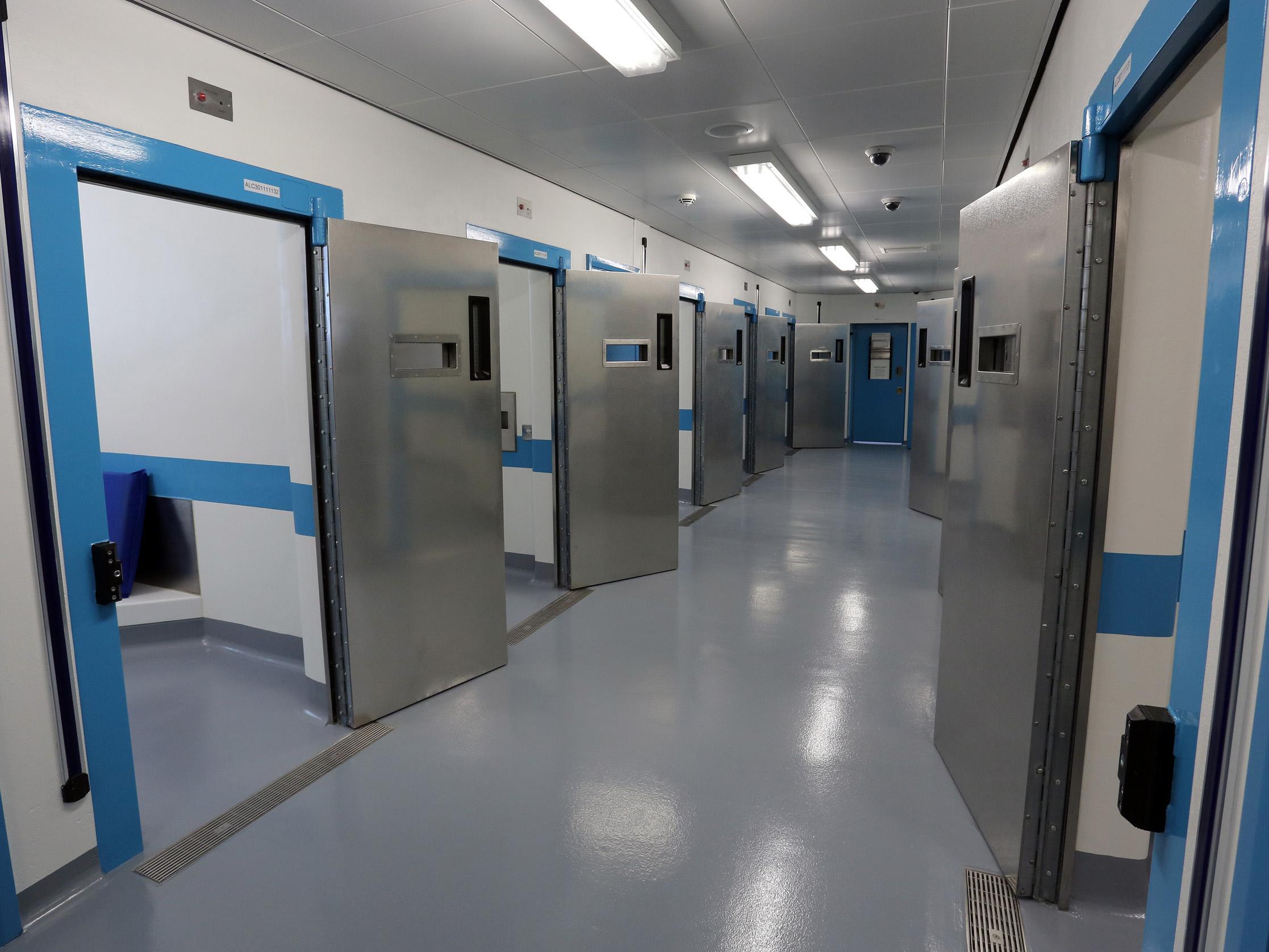Thousands of suspected sex attackers and violent criminals released without restrictions after government bail changes
‘We expect the criminal justice system to work well and protect us from these really harmful crimes’

Thousands of suspected sex attackers and violent criminals have been released without any restrictions since the government imposed a limit on police bail, figures show.
More than 3,000 people were “released under investigation” by 12 police forces for offences including murder and rape in the three months from when the changes were imposed last April.
Among them were 1,692 people arrested for violent crimes, 768 rape suspects and 31 who were questioned on suspicion of murder, according to figures released to the BBC under the Freedom of Information Act.
The BBC reported that it sent requests to all 43 police forces in England and Wales but received data from 12, meaning the true figure is likely to be far higher.
Domestic abuse campaigners have warned that the “appalling” number of suspects freed with no conditions puts women at risk of further violence and intimidation.
“We know that when a victim of these sorts of crimes reports to police, that’s a risky time,” said Rachel Krys, co-director of the End Violence Against Women Coalition. “To not make sure you use every system you can to protect them is extremely worrying.
“We expect the criminal justice system to work well and protect us from these really harmful crimes.
“They are under-reported because going to the police is not necessarily what vulnerable people want to do, especially when they think offenders might be released without any conditions and carry on abusing them.”
A 28-day limit on pre-charge bail came into effect in April 2017, as part of a government shake-up aimed at ending the “injustice” of individuals being kept under a cloud of suspicion for very long periods of time.
The new measures also meant bail, where police can enforce restrictions on suspects’ movements and who they contact, could only be used when deemed “necessary and proportionate”.

Between April and June 2017, 6,683 suspected violent and sexual offenders were released without further action, 2,430 were charged and 3,149 released under investigation.
Last week, HM Inspectorate of Constabulary and Fire and Rescue Services (HMICFRS) sounded the alarm over the plummeting use of bail conditions – down 65 per cent in the six months after the limit came into force, and its use fell by three-quarters in domestic abuse cases.
The watchdog demanded urgent assessments of how the use of bail conditions has changed, warning that suspects were being released under investigation despite posing risk to victims, witnesses and the public.
Inspectors warned that a drop across all offences suggests “police are not protecting vulnerable victims the way that they should”.
“We are asking all forces to assess their own practices and procedures around bail now, before the problem becomes even more acute and before the risk increases,” said HM Inspector Zoe Billingham. “There was a change in legislation and it was lost in translation… the pendulum is swinging too far in the wrong direction.”
A report by the HMICFRS said police can use bail conditions to stop suspects intimidating victims or witnesses, approaching them or contacting them while under investigation, and warned that government changes “could mean victims, in particular vulnerable people, are not well protected enough”.
Police forces across the country have raised concern about the fall in bail, and the HMICFRS said there must be “better understanding” of how it can be used appropriately.
Ms Krys told The Independent the government had tried to implement a “quick fix” for issues with bail, but caused more problems.
“There’s a real lack of resources at every stage – police are struggling to investigate, and what we’re seeing is the length of time for those investigations is getting longer and longer,” she said, and added that some domestic violence cases were waiting years to reach court.
“We’re getting many more women coming forward to police on these crimes than have ever been seen before and we need to make sure the police and criminal justice system are able to respond to that safely.”
Katie Ghose, chief executive of Women’s Aid, said victims and their children must be protected from danger.
“We are contacted by survivors all the time who are fearful of their safety and feel put at risk,” she told The Independent.
“What we need is certainty that police are applying bail conditions in domestic abuse cases. The risks and threat of harm to victims of domestic abuse is often so high that a longer bail period will be necessary.”
Before bringing in the changes the Home Office was warned that a time limit on pre-charge bail was “dangerous”.
The College of Policing, which sets national standards and guidance, pointed out that the measure often had to be extended while awaiting the result of vital forensic tests.
“We think that there are real dangers,” said David Tucker, the College of Policing’s head of crime and criminal justice, in 2016. ”We’re worried about the message that it could send to victims.”
The National Police Chiefs’ Council (NPCC), Police Superintendents’ Association and Police Federation of England and Wales also raised concerns with the home secretary at the time.
The NPCC’s lead for bail management, Assistant Chief Constable Darren Martland, said police were keeping the changes caused by the law under review to ensure vulnerable people are protected.
“We are working closely with forces, the College of Policing, Home Office and criminal justice partners to ensure that guidance on bail and release under investigation is clear, and that officers fully understand the considerations of vulnerabilities, threats and the individual merits of each case to determine the most appropriate course of action,” he added.
A spokesperson for the Home Office said it told all forces to start reviewing their use of bail in December to ensure the wrong offenders are not being released without conditions.
”Reforms to pre-charge bail balance carefully the interests of victims and witnesses, those on bail and the police,” he added. “Pre-charge bail, including conditions, continues to be available where it is necessary and proportionate, such as to protect victims and witnesses, while the reforms should also reduce the possible negative impact on individuals on bail, such as mental trauma and financial implications.”
